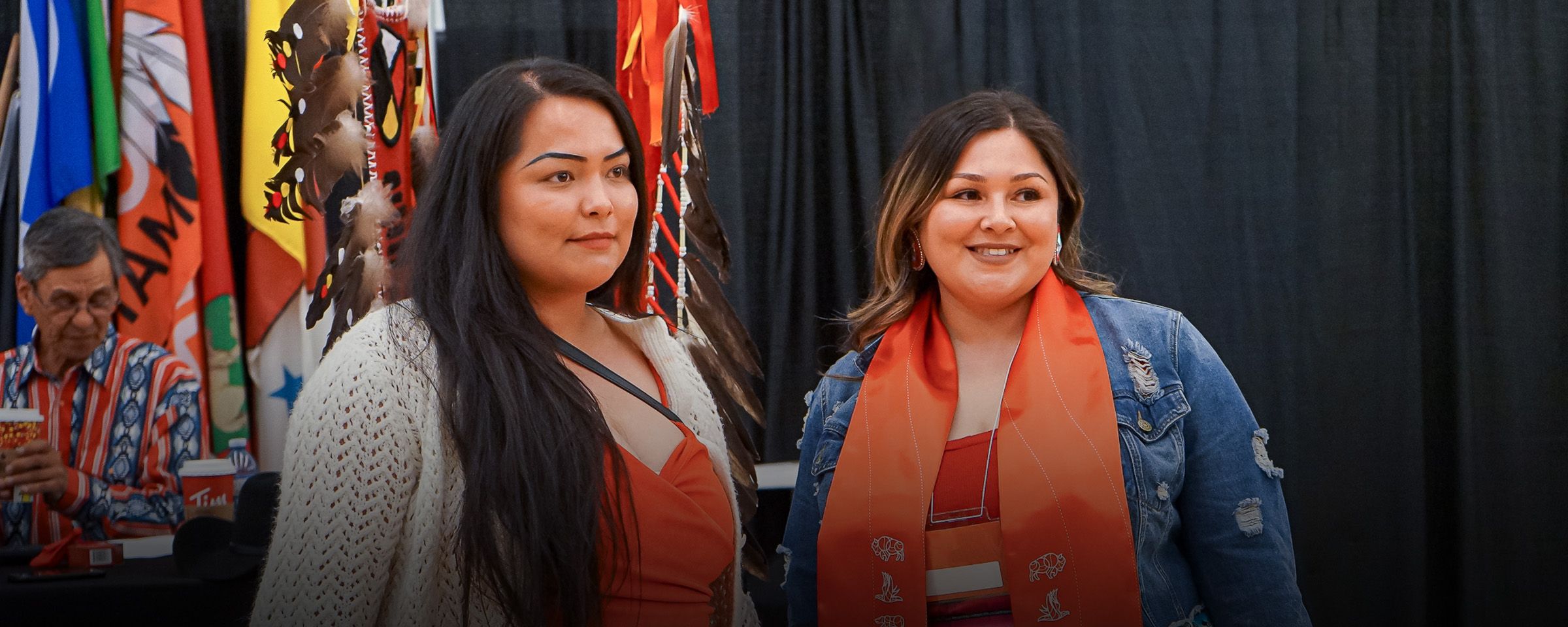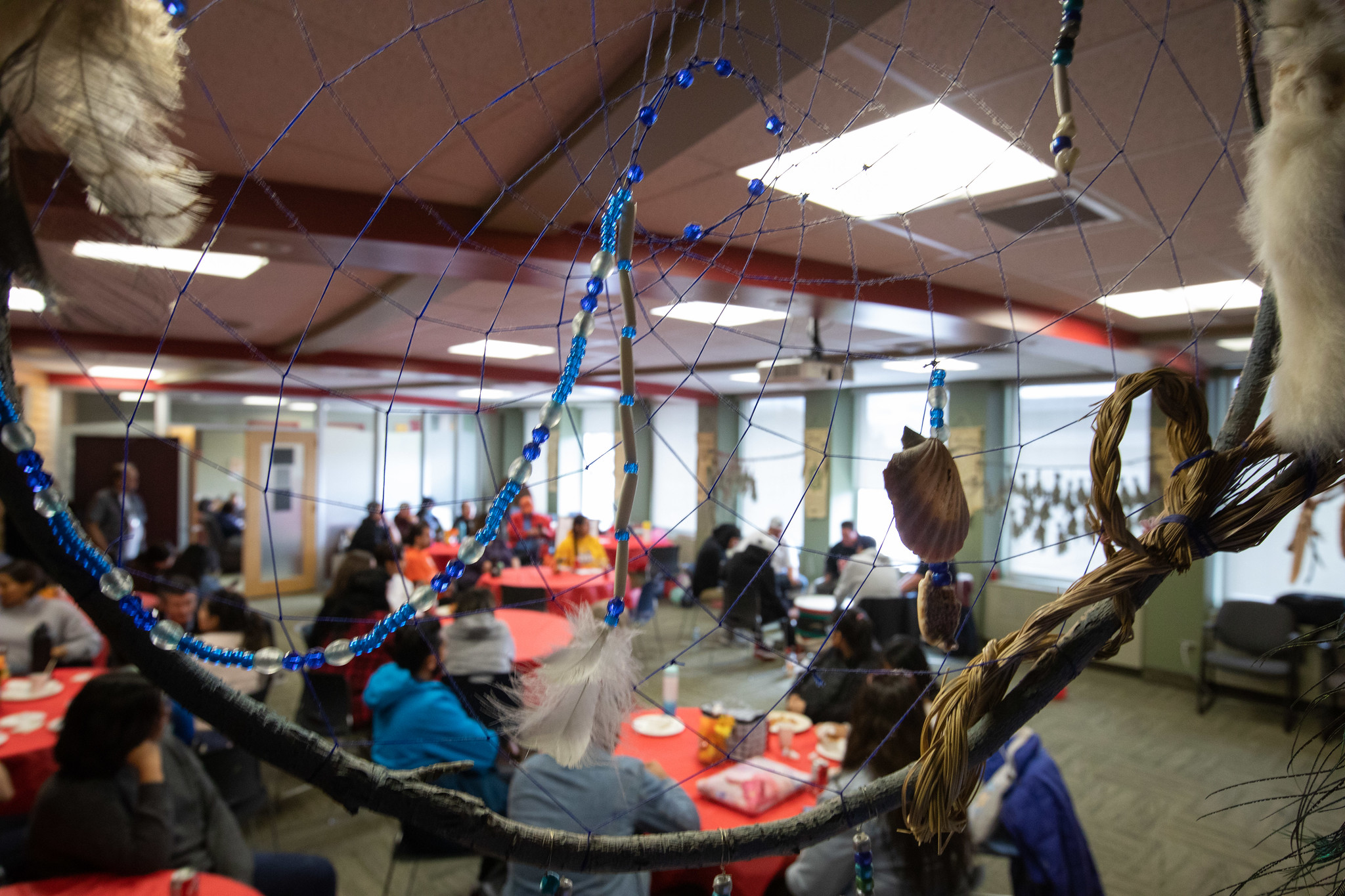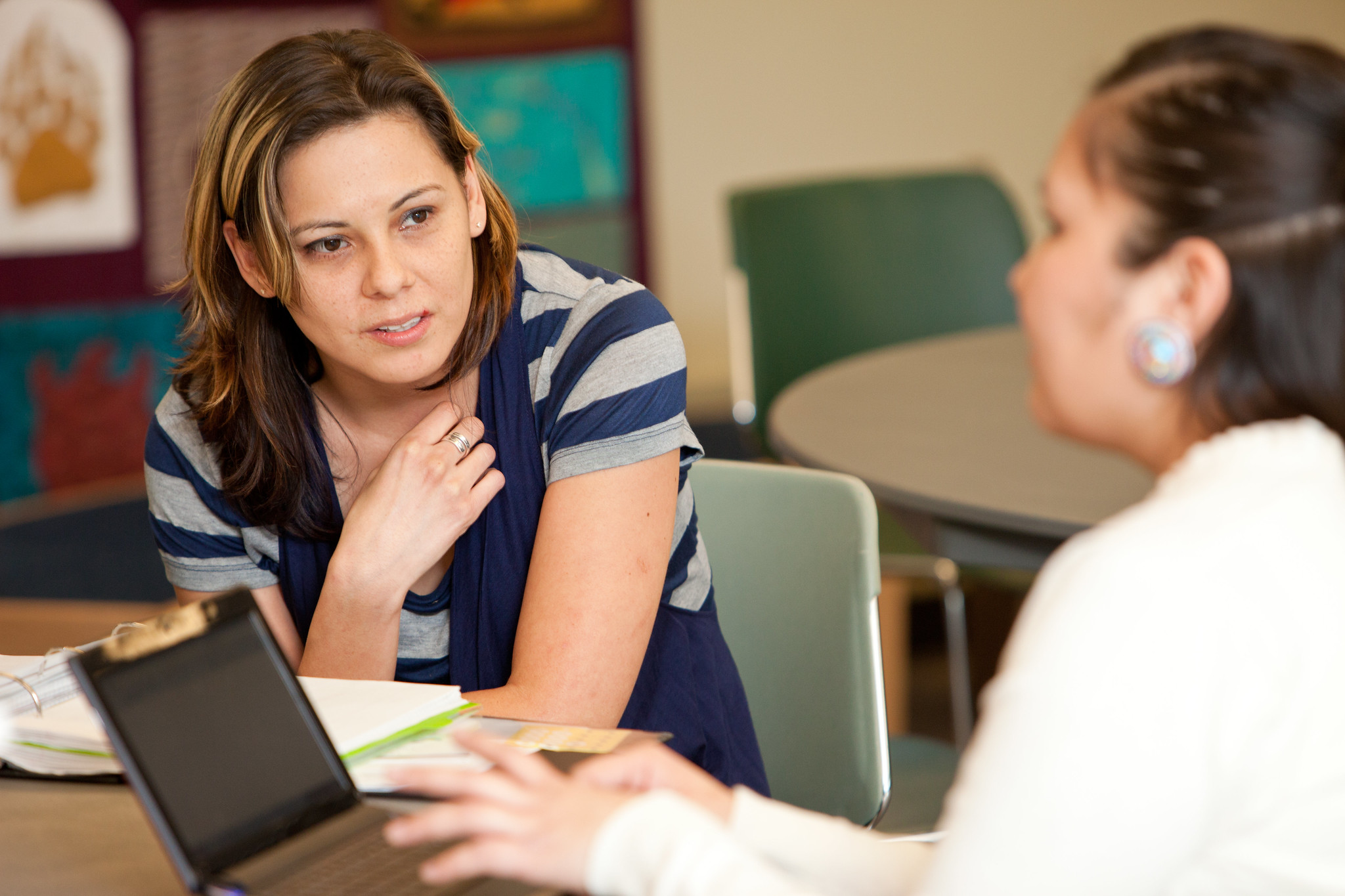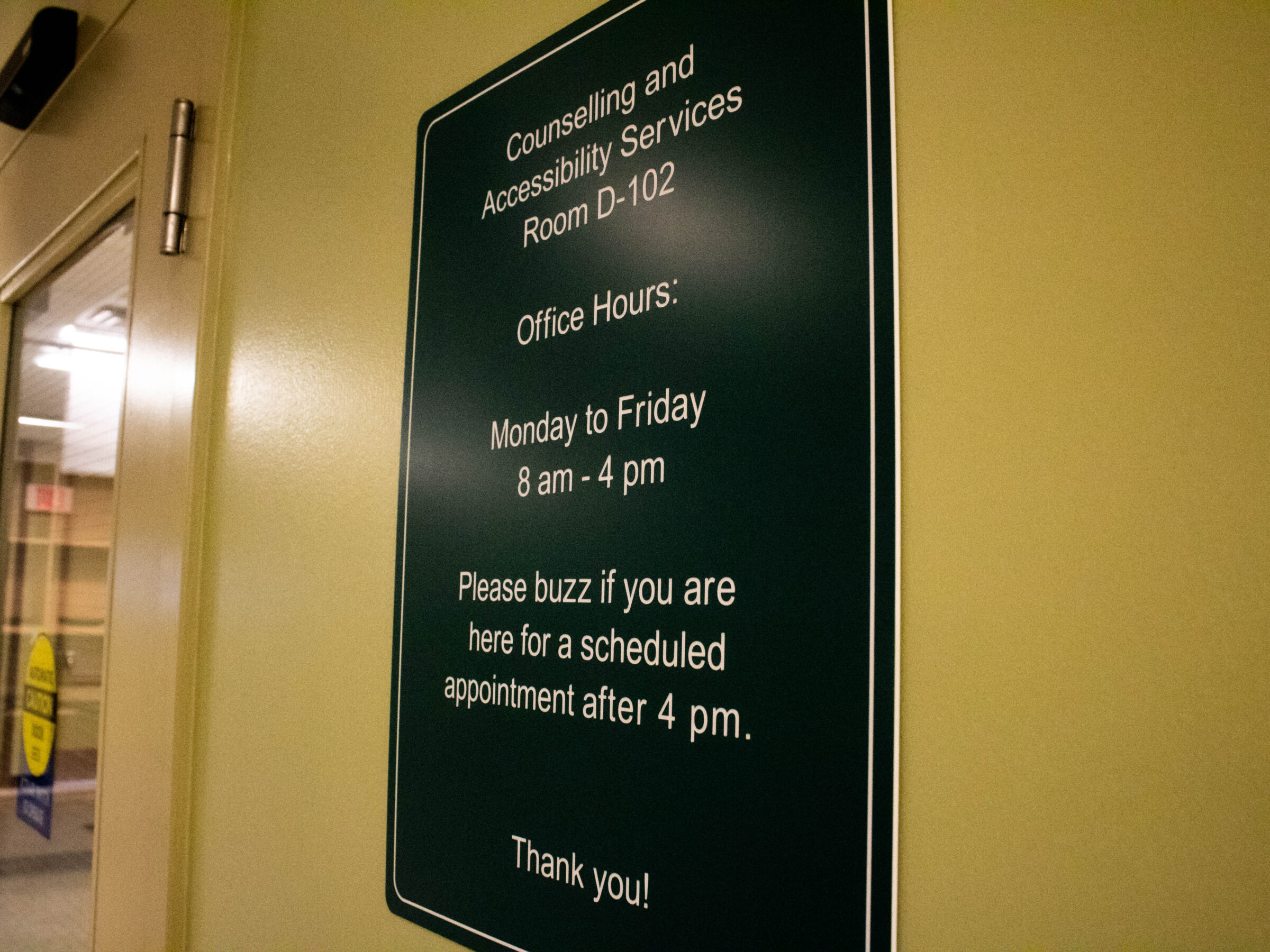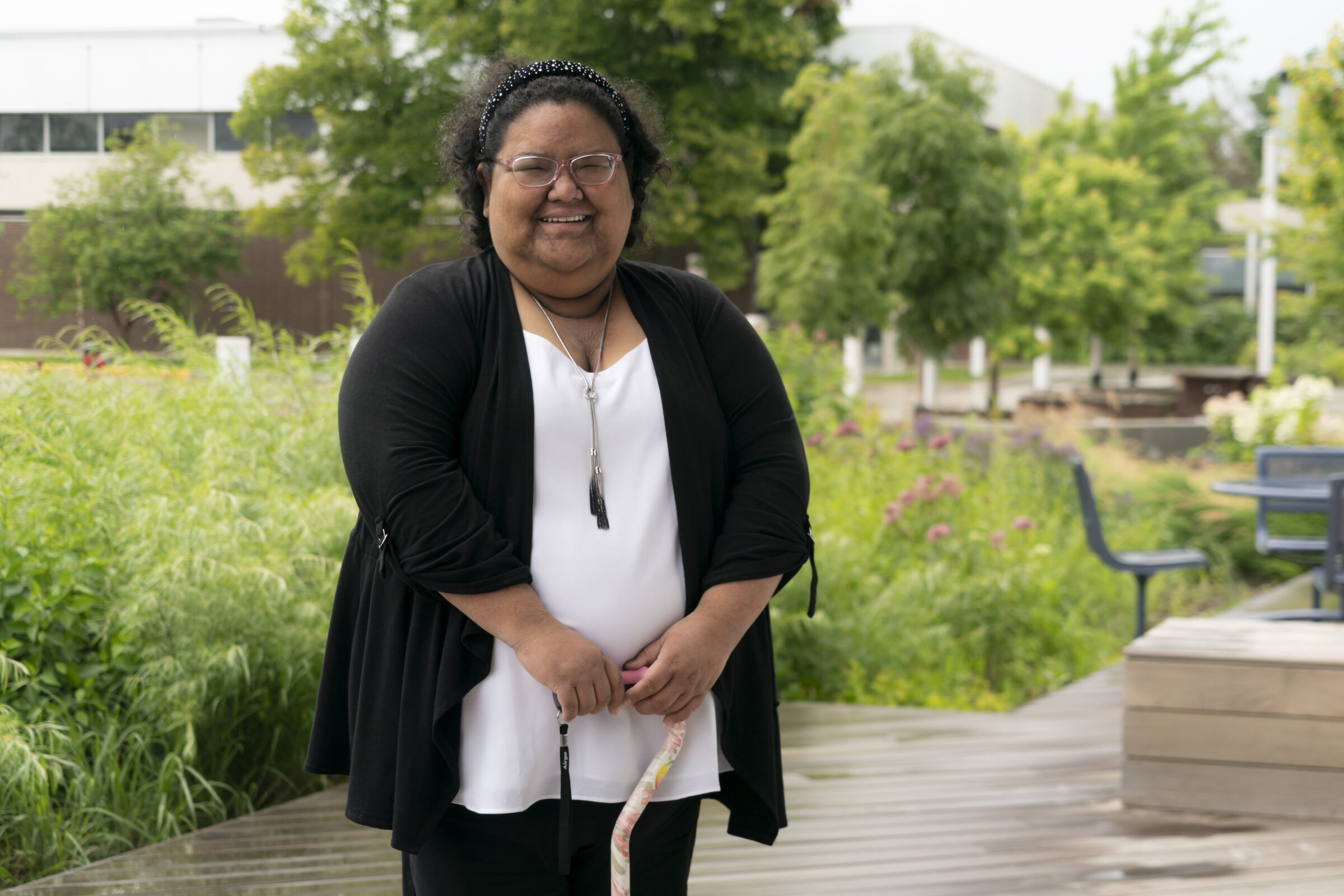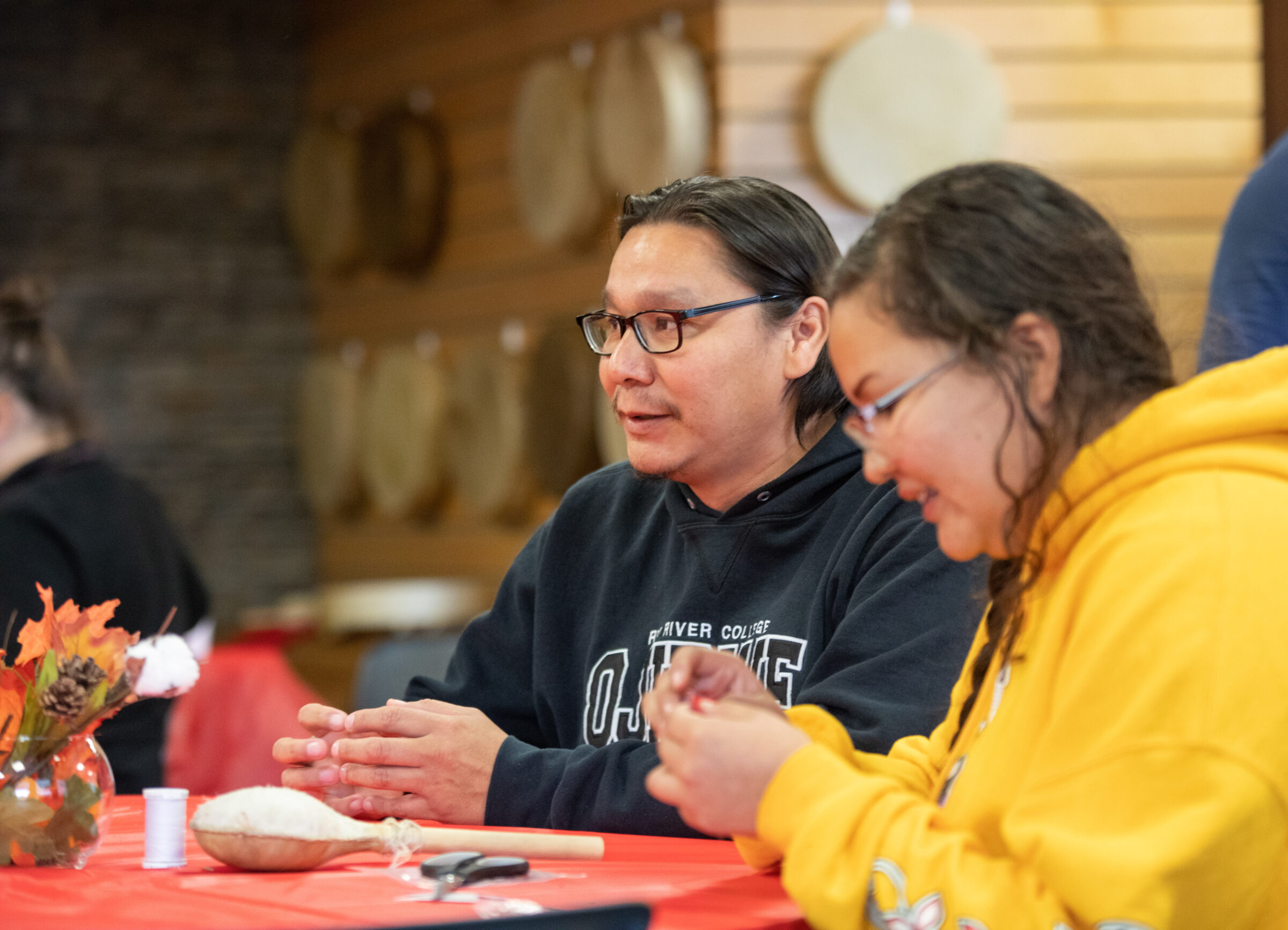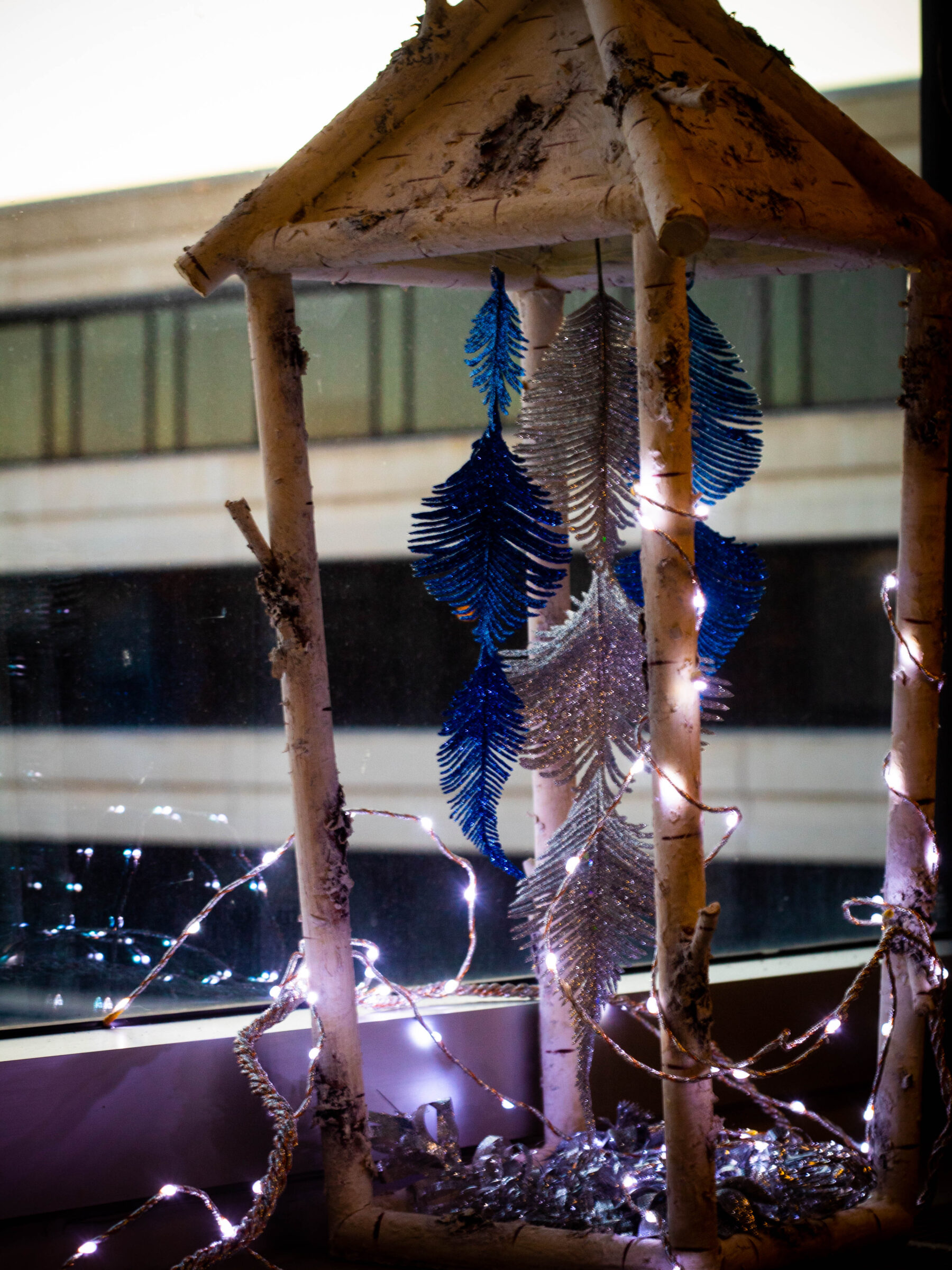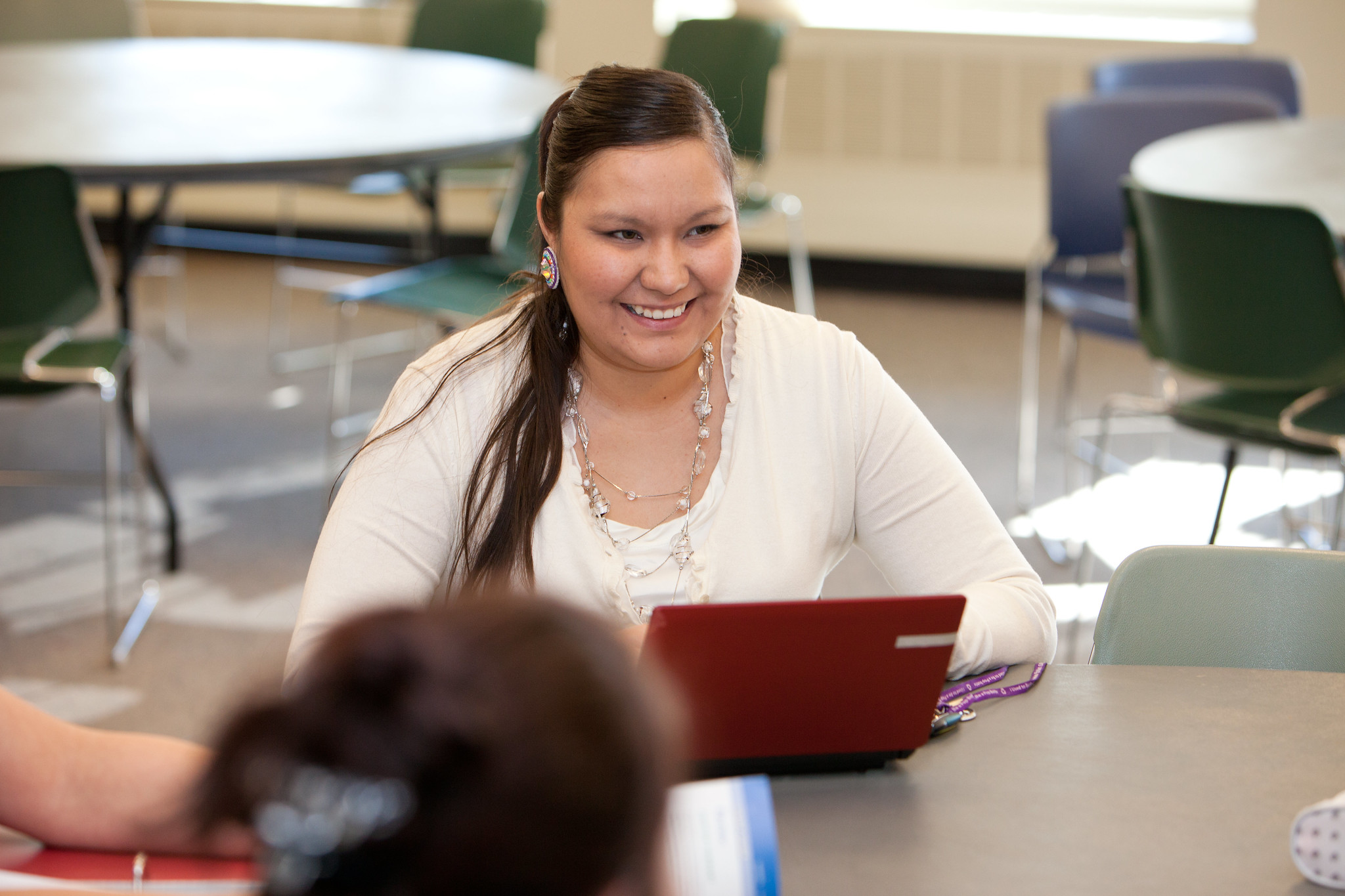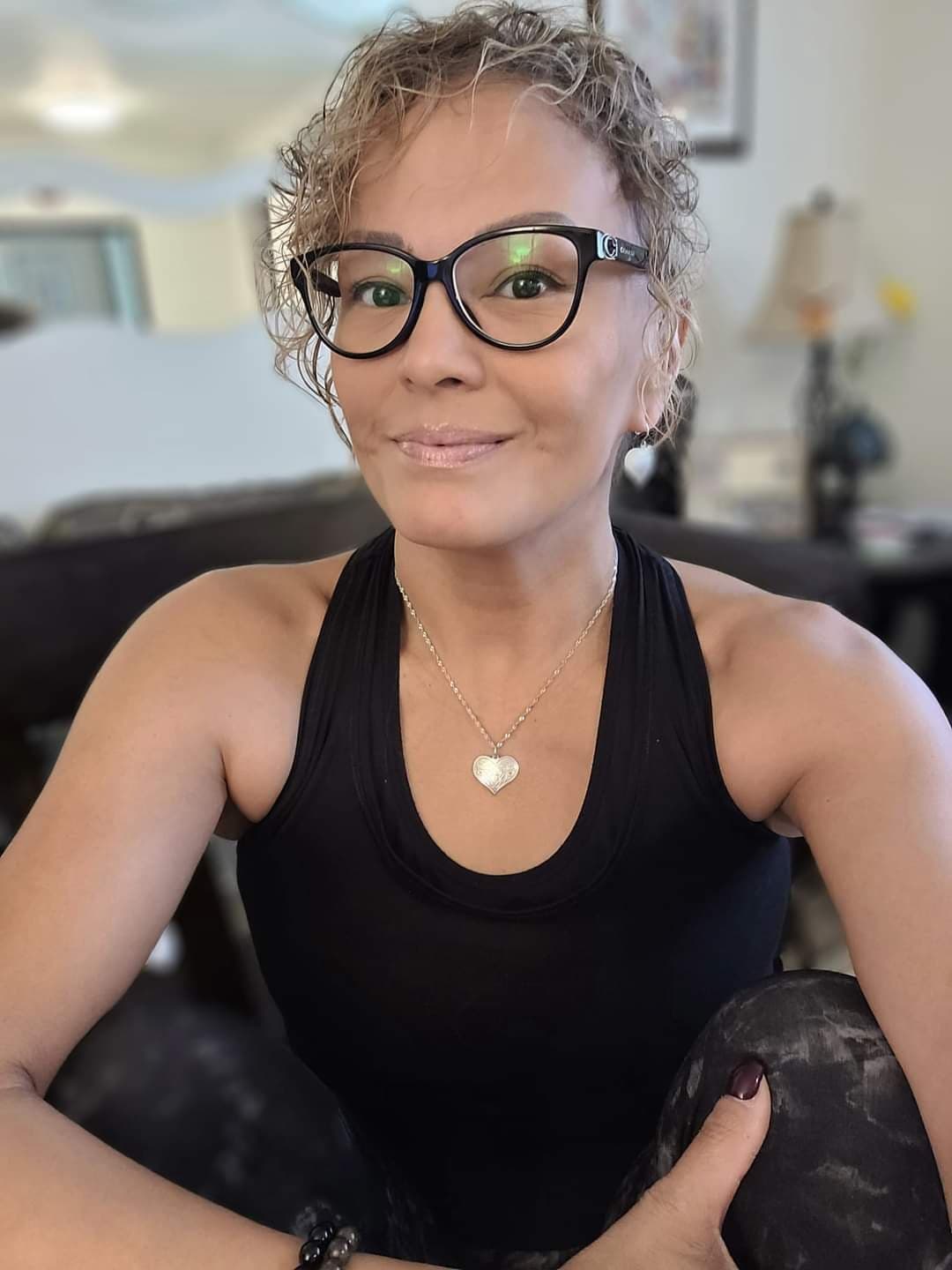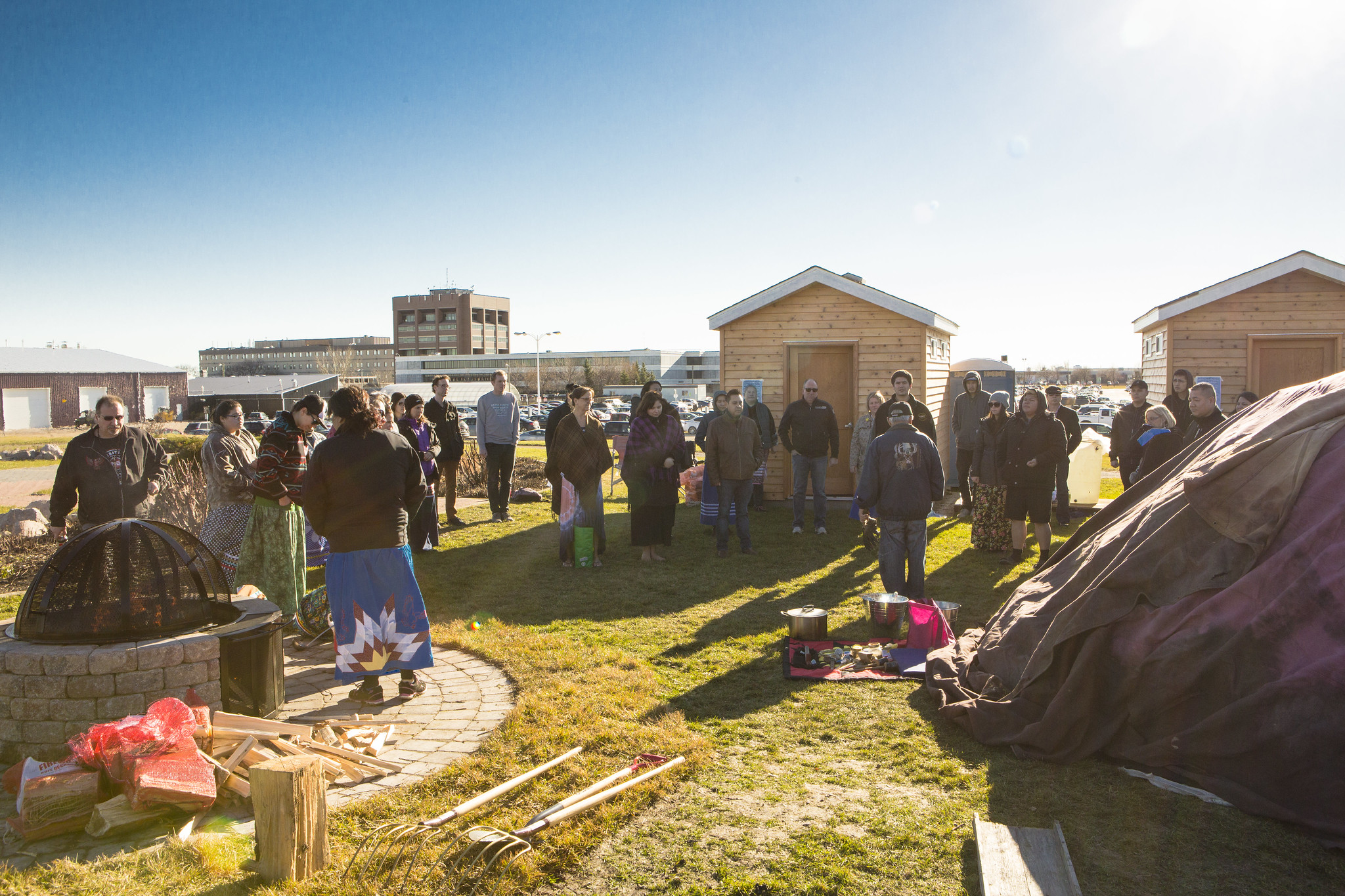Aadizooke – Winter Solstice 2022
All students, staff, faculty are invited to our Winter Solstice gatherings at EDC on Wednesday, Dec. 7 and at NDC on Wednesday, Dec. 14 in the Indigenous Support Centres.
EDC, P407
Wednesday, Dec. 7
11:00 – Storytelling
12:00 – Feast and student performance
NDC, F209
Wednesday, Dec. 14
10:00 – Pipe ceremony
11:00 – Storytelling
12:00 – Feast
This year, we are honouring our ancestors and the children that never made it home with gatherings for Winter Solstice.
Gathering for Winter Solstice brings comfort and warmth as we prepare for the longest night of the year and the season of rest. People come together to share stories and laughter and to recall the events of the past year. In many Indigenous cultures, winter represents the ancestral spirit, so reflecting on the past by sharing stories and giving thanks to our ancestors is an important part of honouring where and who we are from, especially as we plan for the cold months ahead.
No registration is required. Everyone is welcome to come as they are.
